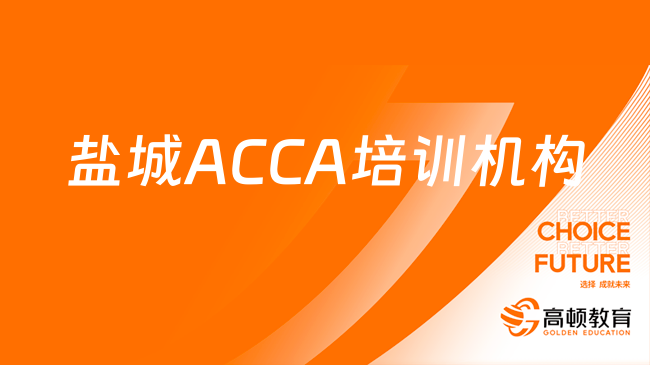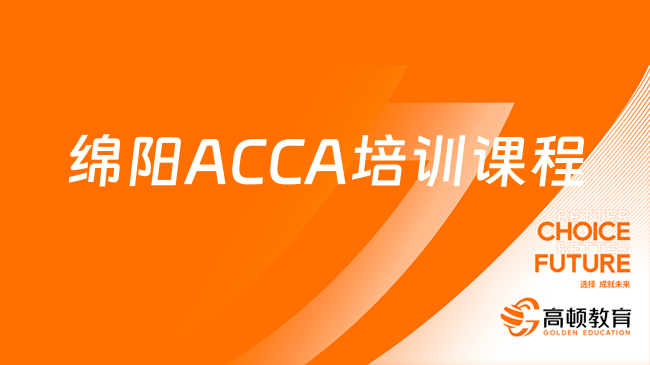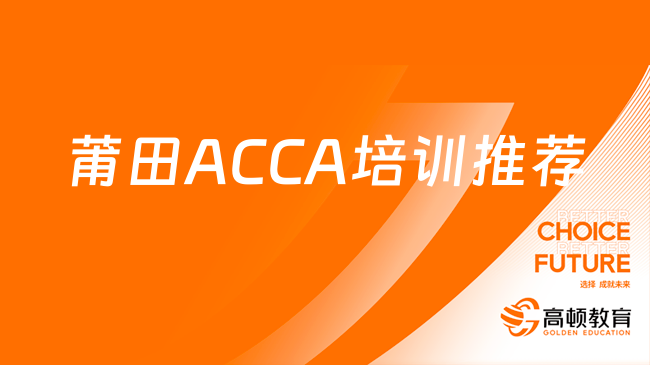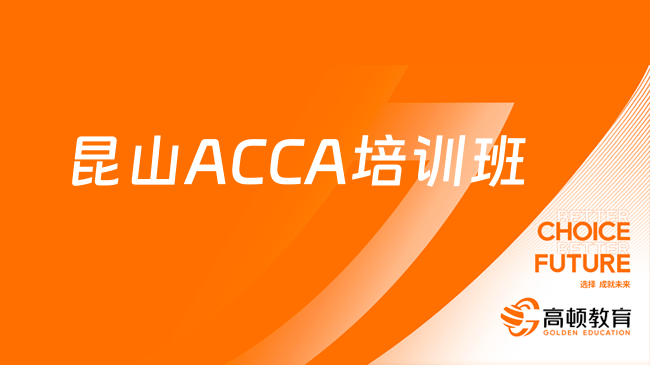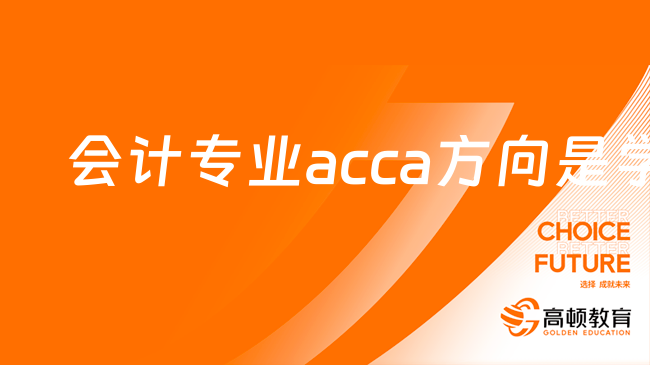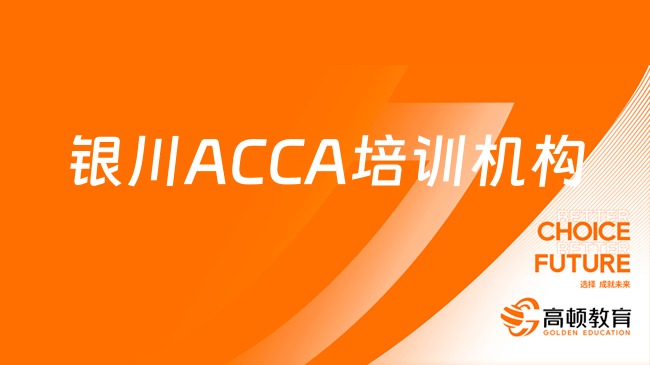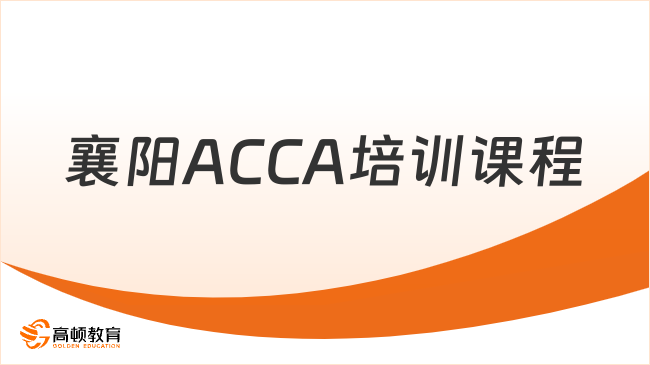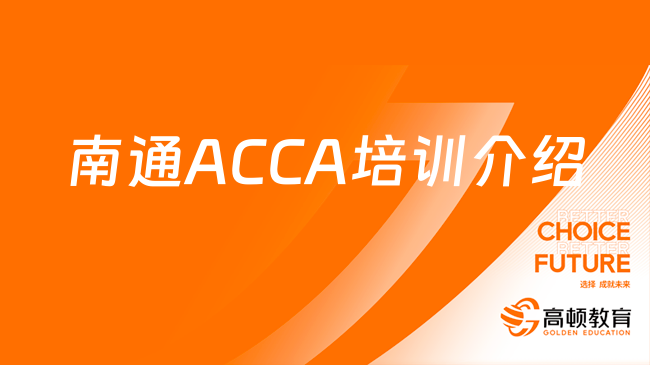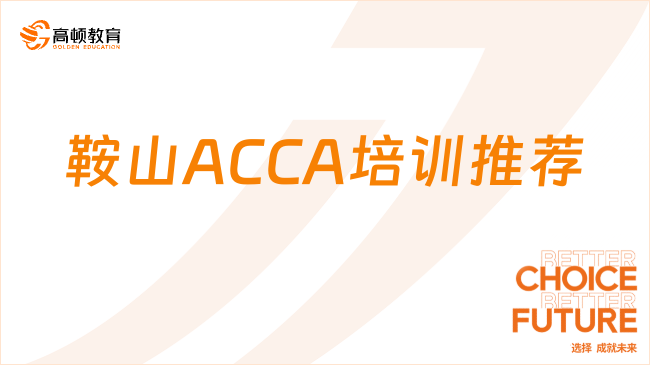ACCA P1 Professional Accountant笔记1
来源:
高顿网校
2015-09-18
高顿网校小编给大家整理了ACCA P1的professional accountant笔记,供大家参考。
Part A - Governance and Responsibility
Part A - Governance and Responsibility
Principles-based vs. Rules-based
Principles-based approach
(1) Principles-based approach requires the company to adhere to thespirit rather than the letter of code.
(2) The approaches focus on objectives rather than the mechanisms bywhich these objectives will be achieved.
(3) The approaches can lay stress on those elements of corporategovernance to which rules cannot easily be applied.
(4) The approaches can applied across different legal jurisdictionsrather being founded in the legal regulations of one country.
(5) The approaches avoid inflexible legislation and allows companies todevelop their own approaches to corporate governance.
(6) The approaches are too board to be used as a guide to bestcorporate governance practice.
(7) There may be confusion over what is compulsory and what isn’t.
Rules-based approach
(1) Rules-based approach places more definite achievement and provideclarity in terms of what you must do. The rules are legal requirement.
(2) The approaches allow no leeway. The key is whether or not you havecomplied with the rules.
(3) It should in theory be easy to see whether there has beencompliance with the rules. But that depends on whether the rules areunambiguous.
(4) It is rigid and difficult to deal with questionable situation thatare not covered sufficiently in the rulebook.
Influence of ownership: Family firms vs. Joint-stockcompanies
Insider systems
Insider system is where companies are ownedand controlled by a small number of major shareholders, which may be members ofthe company’s founding family.
(Advantages)
(1) It is easier to establish ties between owners and managers. Theagency problem is reduced in the case of that the owners are involved inmanagement.
(2) It is easier to influence company management even if the owners arenot involved in management.
(3) A smaller base of shareholders may be more able to take a long-termview. Long-term growth is a bigger issue for such families.
(Disadvantages)
(1) There may be discrimination against minority shareholders and lackof minority shareholders protections.
(2) Insider systems tend not to be monitored effectively and may bereluctant to employ outsiders in influential position.
(3) Insider systems often don’t develop more formal governancestructures.
(4) Insider systems may be more prone to opaque financial transactionsand misuse of fund.
Outsider systems
Outsider systems are companies whereshareholding is more widely dispersed, and there is the manager-ownershipseparation.
(Advantages)
(1) The separation of ownership and management has provided an impetusfor the development of more robust governance to protect shareholders.
(2) Shareholders have voting rights that they can use to exercisecontrol.
(3) Hostile takeovers become far more frequent and this kind of threatsact as a disciplining mechanism on company management.
(Disadvantages)
(1) Companies are more likely to have an agency problem and significantcosts of agency.
(2) Larger shareholders have often had short-term priorities.
Stakeholders in corporate governance
(1) Stakeholders are any entity (person, group or non-human entity)that can affect or be affected by the actions or policies of an organization. Itis a bi-directional relationship.
(2) Stakeholder theory indicates that large companies have significantimpact on society so that they cannot only be responsible to theirshareholders, but have accountability to a broad range of stakeholders.
(3) Companies should concentrate on employees, creditors and governmentas well as behave ethically and have regard for the environment and society asa whole.
Instrumental view vs. Normativeviews
(Instrumentalview)
(1) From the point of instrumental view, the motivation of companies tofulfill the responsibilities towards stakeholders is that they believe that it wouldhave an impact on maximizing company’s profits if not to do so.
(2) The companies don’t have any moral standpoint of its own, thereforeis devoid of any moral obligation.
(Normativeview)
(1) From the point of normative view, themotivation of companies to fulfill the responsibilities towards stakeholder isthat they have consciousness of accepting moral duty towards others.
(2) The companies is altruistic, and haveethical, philanthropic responsibilities in addition to economic, legalresponsibilities.
高顿网校温馨提醒
各位考生,2015年ACCA备考已经开始,为了方便各位学员能更加系统地掌握考试大纲的重点知识,帮助大家充分备考,体验实战,高顿网校开通了全免费的ACCA题库(包括精题真题和全真模考系统),题库里附有详细的答案解析,学员可以通过多种题型加强练习。戳这里进入ACCA免费题库>>>
| ACCA网络课程 | 课程专业名称 | 讲师 | 试听 |
 85%的人正在学习该课程 85%的人正在学习该课程 | ACCA 全维度网课体验课程 实景课堂与独立录制 覆盖所有知识点,根据学习计划推进学习进度 | 高顿名师 |  |
 70%的人正在学习该课程 70%的人正在学习该课程 | ACCA网课全科卡(8.2折) 为零基础刚开始学习ACCA的学员特别定制 | 高顿名师 |  |
精彩推荐:
版权声明:本条内容自发布之日起,有效期为一个月。凡本网站注明“来源高顿教育”或“来源高顿网校”或“来源高顿”的所有作品,均为本网站合法拥有版权的作品,未经本网站授权,任何媒体、网站、个人不得转载、链接、转帖或以其他方式使用。
经本网站合法授权的,应在授权范围内使用,且使用时必须注明“来源高顿教育”或“来源高顿网校”或“来源高顿”,并不得对作品中出现的“高顿”字样进行删减、替换等。违反上述声明者,本网站将依法追究其法律责任。
本网站的部分资料转载自互联网,均尽力标明作者和出处。本网站转载的目的在于传递更多信息,并不意味着赞同其观点或证实其描述,本网站不对其真实性负责。
如您认为本网站刊载作品涉及版权等问题,请与本网站联系(邮箱fawu@gaodun.com,电话:021-31587497),本网站核实确认后会尽快予以处理。
点一下领资料
【整理版】ACCA各科目历年真题
真题高频考点,刷题全靠这份资料
下载合集
acca全科学习思维导图
梳理核心考点,一图看懂全部章节
下载合集
2023年acca考纲解析
覆盖科目重难点,备考按照计划走
下载合集
acca备考 热门问题解答
- acca考试怎么搭配科目?
-
建议优先选择相关联的科目进行搭配报考,这样可以提高备考效率,减轻备考压力,1、F1-F4:为随时机考科目,难度较低,这里可以自行随意选择考试顺序。2、F5-F9:如果你的工作的和财务会计或者审计有关、或者你比较擅长财务和审计的话,推荐先考F7和F8。你可以选择一起考ACCA考试科目F7和F8或者先考F7(8)再考F8(7),这就要取决你一次想考几门。3、P阶段:选修科目中,建议企业首选AFM!第二部分科目进行选择,如果AA和SBR掌握学生更好,可以通过选择AAA,如果SBL掌握的好,可以自己选择APM。
- acca一共几门几年考完?
-
acca一共有15门考试科目,其中有必修科目和选修科目,考生需要考完13门科目才能拿下证书。
- acca一年考几次?
-
acca一年有4次考试,分别是3月、6月、9月和12月,分季机考科目是采取的这类四个考季的模式,而随时机考则是没有这方面的时间规定限制,可以随报随考。
- acca的含金量如何?
-
ACCA证书的含金量是比较高的,从就业、能力提升、全球认可等角度来说,都是比较有优势的证书,其含金量主要表现在以下几个方面:1、国际化,认可度高;2、岗位多,就业前景好;3、缺口大,人才激励。
严选名师 全流程服务
其他人还搜了
热门推荐
-
盐城ACCA培训机构,高顿ACCA要不要报? 2023-07-04
-
绵阳ACCA培训课程,高顿ACCA值得报吗? 2023-07-04
-
莆田ACCA培训推荐,高顿ACCA要不要报? 2023-07-03
-
昆山ACCA培训班,高顿ACCA培训介绍? 2023-07-03
-
会计专业有哪些证书大学可以考?证书报考条件及获取指南一览! 2023-07-03
-
会计专业acca方向是学什么的? 2023-07-03
-
银川ACCA培训机构,高顿ACCA有哪些优势? 2023-07-03
-
襄阳ACCA培训课程,高顿ACCA值得报吗? 2023-07-03
-
南通ACCA培训介绍,高顿ACCA课程如何? 2023-07-03
-
鞍山ACCA培训推荐,高顿ACCA推荐吗? 2023-07-03
-
西宁ACCA培训推荐,高顿ACCA有哪些优势? 2023-06-26
-
江门ACCA培训机构,高顿ACCA好不好? 2023-06-26
-
赣州ACCA培训课程,高顿ACCA推荐吗? 2023-06-26
-
廊坊ACCA培训班,高顿ACCA值得报名吗? 2023-06-25
-
大同ACCA培训介绍,高顿ACCA课程如何? 2023-06-25
-
大同ACCA培训介绍,高顿ACCA课程如何? 2023-06-25
-
保定ACCA培训推荐,高顿ACCA培训介绍? 2023-06-25
-
珠海ACCA培训推荐,高顿ACCA要不要报? 2023-06-25
-
邯郸ACCA培训介绍,高顿ACCA怎么样? 2023-06-25
-
包头ACCA培训课程,高顿ACCA课程如何? 2023-06-25
-
烟台ACCA培训推荐,高顿ACCA课程怎么样? 2023-06-25
-
洛阳ACCA培训班,高顿ACCA值得报名吗? 2023-06-25
-
徐州ACCA培训推荐,高顿ACCA怎么样? 2023-06-21
-
唐山ACCA培训介绍,高顿ACCA要不要报? 2023-06-21
-
绍兴ACCA培训课程,高顿ACCA推荐吗? 2023-06-21
-
柳州ACCA培训班,高顿ACCA好不好? 2023-06-21
-
呼和浩特ACCA培训机构,高顿ACCA培训介绍? 2023-06-21
-
海口ACCA培训推荐,高顿ACCA怎么样? 2023-06-21
-
温州ACCA培训课程,高顿ACCA怎么样? 2023-06-21
-
淄博ACCA培训机构,高顿ACCA好不好? 2023-06-21
 更多服务
更多服务






